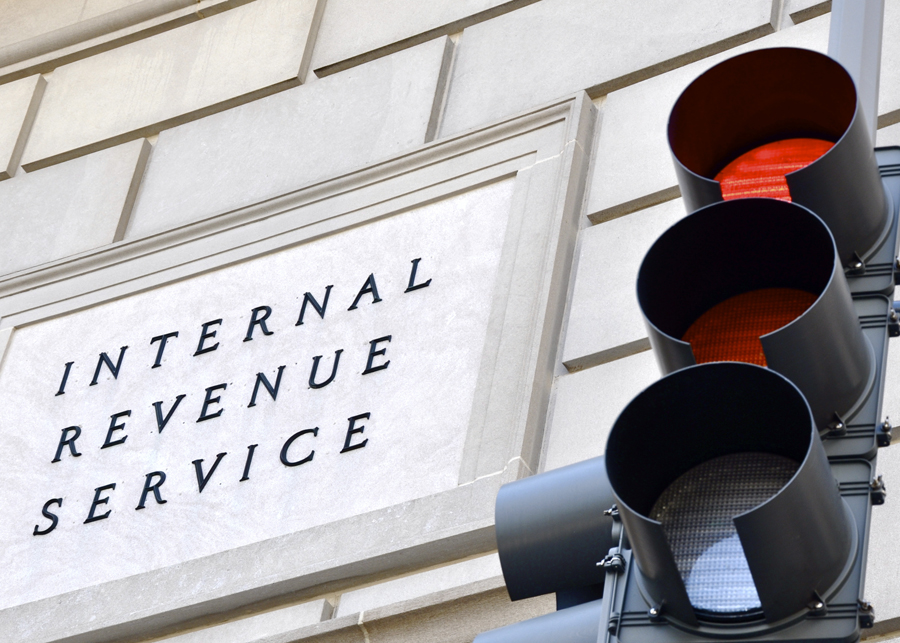If you get audited, do they send a letter or do they call you?
May 06, 2015 by Dave Du Val, EA
Hey Dave,
If you get audited, do they send a letter or do they call you?
Hal
Hal
In most instances, the IRS will send you a letter notifying you of the audit - they will rarely call you and they will never send you an email. You should be highly suspicious of any telephone calls, and you should never give personal information over the telephone to someone who calls you. If the telephone call is threatening, you should be even more suspicious.
The IRS has a webpage for possible Identity Theft Issues. You can also find information on their website about how to report various schemes, scams, and cons.
If you feel you have been the victim of a fraudulent call, it can be reported to your local police or other such authorities.
Deductibly Yours,
Dave





